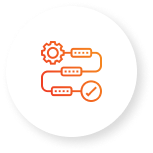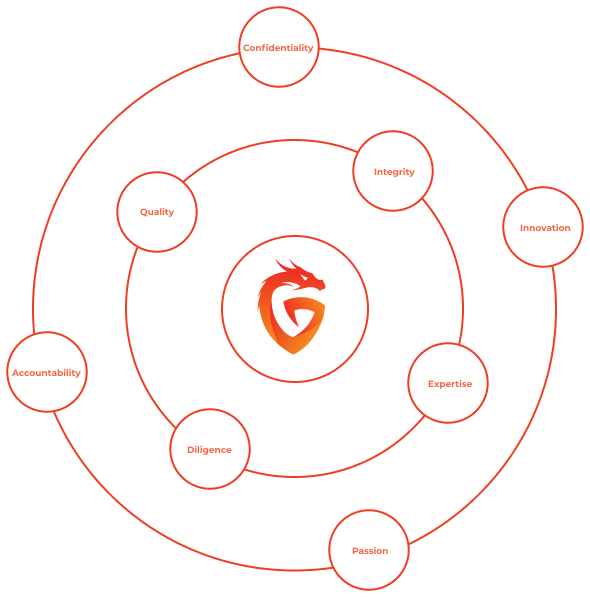SECURE YOUR CLOUD FOOTPRINT
CLOUD SECURITY
TESTING SERVICES
Cloud Penetration Tests simulate real-world attacks on various components of an organization’s cloud-based applications and infrastructure to identify security misconfigurations and deviations from security best practices. These tests offer a comprehensive attack narrative, aiding in assessing the potential impacts of each identified weakness and strategizing areas for improvement. Integral to your enterprise security program, these pentests play a crucial role in preventing cloud data breaches and securing your digital transformation initiatives.
Tell us
about your scope
What You'll Get

Key findings, risks, impacts, and critical recommendations.

Overview of methodologies, standards, tactics, and techniques used.

Detailed vulnerability analysis, reproduction steps, PoC, evidence.

Strategic and tactical walkthrough on how to fix vulnerabilities.

Comprehensive advice on cybersecurity enhancement strategies.

Offered once vulnerabilities are fixed.

Every Cloud Is "Mission-Critical" Today
Cloud infrastructure is the modern-day backbone of every organization. Whether a business heavily relies on using platforms like AWS, Azure, Google Cloud, and container technologies to run operations and manage sensitive data, or only utilizes some of the fantastic cloud services and applications available, the safety and security of these systems are crucial. An effective cloud security strategy is key to minimizing business risks, protecting reputation, and maintaining trust with customers and partners.
Cloud
Security Services
The methodology of Secragon Cloud Penetration Testing Services is 95% manual and designed to systematically compare current cloud configurations against security best practices, identify security critial gaps that could lead to a breach of sensitive information, and ensure compliance.
-
Amazon AWS
Penetration Testing -
Microsoft Azure
Penetration Testing -
Google Cloud
Penetration Testing
Looking For A
Trusted Cybersecurity
Provider?
Benefits of Investing in Remote Working Assessment

Vulnerabilities
Improved ability to identify & remediate security issues

Fraud
Overview of methodologies, standards, tactics, and techniques used.

of Mind
Improved security readiness policies and procedures

Sensitive Data
Minimized risk of data loss and misuse

User Trust
Improved brand reputation & stakeholder trust

Product Quality
Minimized risk of downtime & associated costs

Adherence
Improved compliance with regulatory standards

Savings
Minimized risk of facing
regulatory fines

SECRAGON, YOUR CYBERSECURITY PROVIDER
We, at Secragon, are a team of certified ethical hackers, visionary security engineers, seasoned penetration testers, and committed project managers… but first of all – professionals, who LIVE and BREATHE Offensive Security. Along the list of qualifications, titles, and credentials, we bring a real “think outside of the box” mindset to every project and we constantly strive to learn, explore, and push forward to master complex concepts and deliver top-notch services and results.
Featured Cybersecurity Services
Application Security
Identify vulnerabilities in consumer, commercial and industrial devices with a detailed security review from hardware to firmware (IoT, Medical Device, etc.)
Network Security
Identify vulnerabilities and exploits that threat actors could leverage to compromise your IT infrastructure and access sensitive data (Internal, External, WiFi, etc.)
Cloud Security
Review your configurations and replicate a targeted attack on your cloud environment to prevent unauthorized access (AWS, GCP, Azure, etc.)


